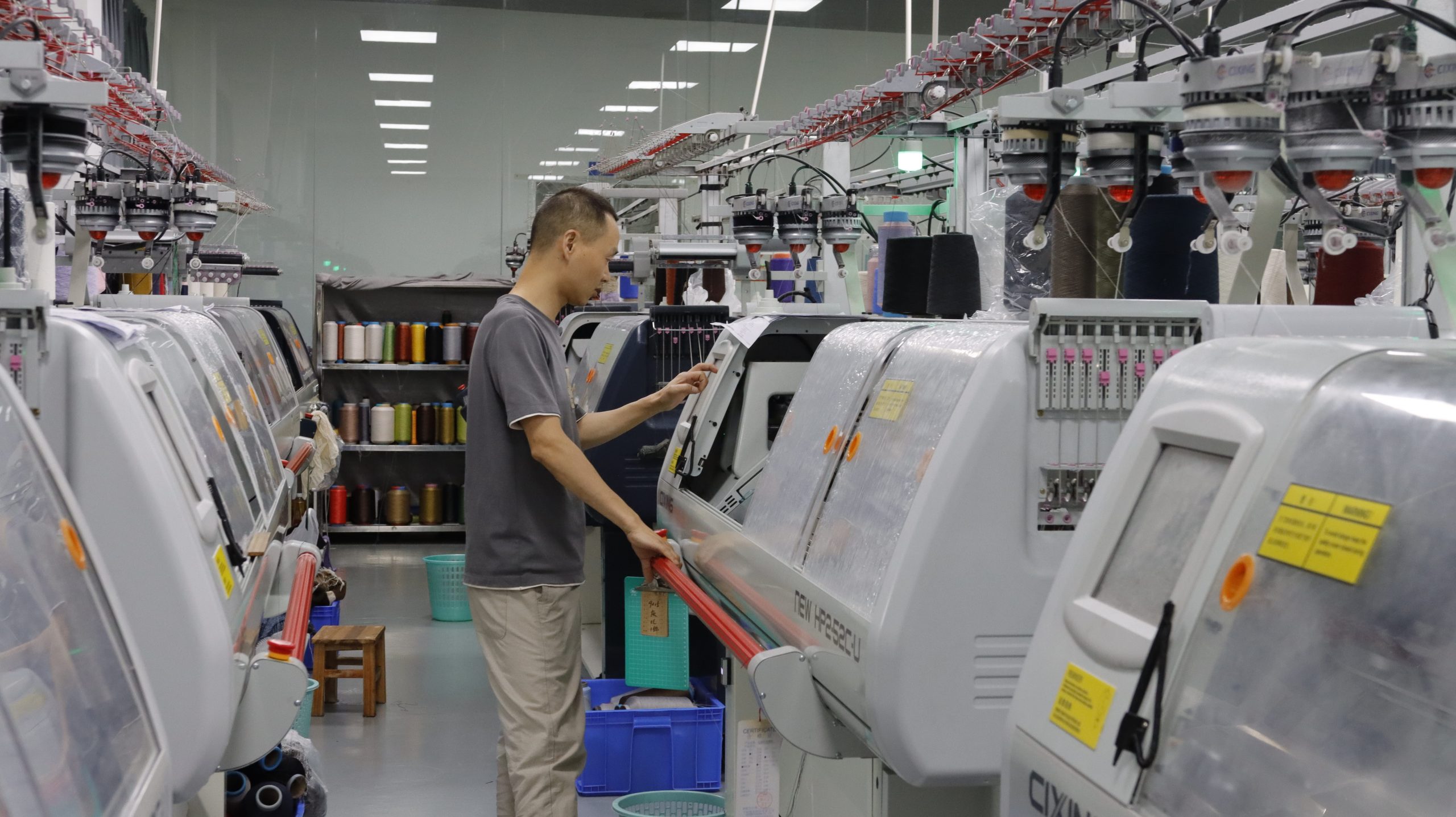Current natural environment
As we all know, we have only one earth. Human beings and all things can reproduce because the mother earth we live in is endless. She provides us with fresh air, clean oceans, soil for breeding all things and the conditions they need. We can have a complete living system because of our earth.
However, the natural ecology of the earth is currently facing severe challenges. Both the government, enterprises and the public need to take transformative actions to seek a new situation for our natural ecosystem.
In the past few decades, the fashion industry has been constantly polluting the ecological environment. The pollutants produced by the fashion industry in the production of products and the final products have brought unpredictable damage to the earth. Wool and cashmere knitwear is very popular among the public. Because of its advantages of comfort and durability, this kind of knitwear also occupies a place in the fashion industry. Therefore, it is more important to pursue environmentally friendly and sustainable yarns. Sustainable While ensuring comfort, yarn can also contribute to the protection of natural ecology.
Therefore, in production, the use of sustainable materials has become particularly important to protect the ecological environment.
What is sustainable development?
The United Nations defines sustainable development as meeting the needs of the present without compromising the ability of future generations to meet their own needs.
The World Summit on Sustainable Development in 2002 considered economic development, social progress and environmental protection as the three pillars of sustainable development. Social justice is the goal, economic development is the guarantee, and environmental protection is the key. Coordinating the relationship between these three pillars is the core challenge for sustainable development.
On the road of sustainable practice, Guoou Fashion has always taken the concepts of “maximizing the use of resources” och “environmentally friendly raw materials” as its core development strategies.
GUOOU × UPW
Guoou Fashion has reached a strategic cooperation with UPW Yarn.
UPW Yarn has always adhered to the action of producing sustainable yarn. Each of their yarn series is developed to protect the ecological environment. UPW hopes that every raw material used in yarn will have a positive effect on the earth. sustainable impact.
UPW yarn has been certified by multiple sustainability standards, and the wool raw materials used are also standard-certified wool, which brings multi-level guarantees to customers and ensures that the source of wool is sustainable.
UPW has a strong chain of custody in the production of cashmere yarn. It strictly controls every production link from the source of cashmere fiber to yarn, and promises to fully respect the animal welfare of goats, ensuring that every strand of cashmere fiber is respected. The source of animal welfare can be traced throughout the process, providing customers with more reliable yarn materials.
When customizing wool and cashmere knitwear, our sales staff will provide you with more than three yarn solutions through their professional knowledge, and also provide customized solutions that include sustainable yarns, allowing you to design your own Sweater Find the perfect yarn to create the knit that best meets your expectations.
Call to action
Human beings are the best friends of animals. When we enjoy the “gift” of animals, we should consider how to benefit them.
As an important fiber raw material in the textile industry, animal fiber is also the core raw material of yarn products. We have been actively looking for more sustainable development paths to ensure the sustainable source of our animal fiber!
We promise that our supply chain team will always strictly follow the five stipulated standards of comprehensive respect for animal welfare, and find high-quality animal fibers from all regions of the world for you. This includes wool, mohair and alpaca certified as responsible animal fibres, cashmere certified by the Good Cashmere Standard and the Sustainable Fibers Alliance, and socially responsible yak wool.
GUOOU invites everyone to join our animal welfare protection team, refuse to use animal fiber raw materials that do not meet sustainable sources, and build a green protection barrier for consumers!

 English
English Deutsch
Deutsch Français
Français Italiano
Italiano Español
Español Русский
Русский Polski
Polski Nederlands
Nederlands Svenska
Svenska

